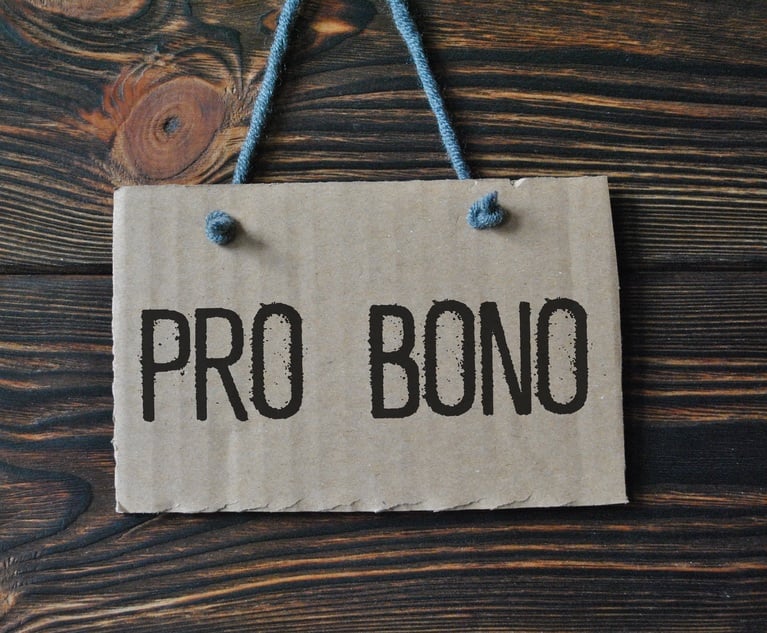The first clause of Article II, section 2, of the United States Constitution provides that “The President … shall have Power to grant Reprieves and Pardons for Offenses against the United States, except in Cases of Impeachment.” A reprieve is the commutation or reduction of a sentence imposed upon conviction, but does not affect or vacate a conviction, whereas a pardon has the effect of preventing a prosecution or vacating a conviction already entered. The United States Supreme Court has written that “… if granted after conviction, it removes the penalties and disabilities, and restores [the individual] to all his civil rights; it makes him, as it were, a new man, and gives him a new credit and capacity …,” as if he had never committed the offense or been prosecuted. Ex Parte Garland, 71 U.S. 333, 380-81 (1866). The impeachment exception appears to have been the result of a compromise provided by giving the president the unlimited power to pardon, even for treason, but to be accountable by impeachment if he is deemed to have exercised that power for criminal reasons.
Attention has recently been given to the pardon power by virtue of President Trump‘s pardon, on May 28, of Dinesh D’Souza, a filmmaker, author and vocal critic of President Obama and Hillary Clinton, and as a result of the president’s indication that he may pardon former Gov. Rod Blagojevich of Illinois and Martha Stewart, both of whom had a relationship with the president’s television show. Some have stated that the president’s use of the pardon power is also designed to send a message to those who might be considering cooperation with Robert Mueller‘s investigation by indicating that the president can expeditiously use that power to prevent prosecution or vacate a conviction, and has done so by circumventing the Office of Pardon Attorney in the Department of Justice.







